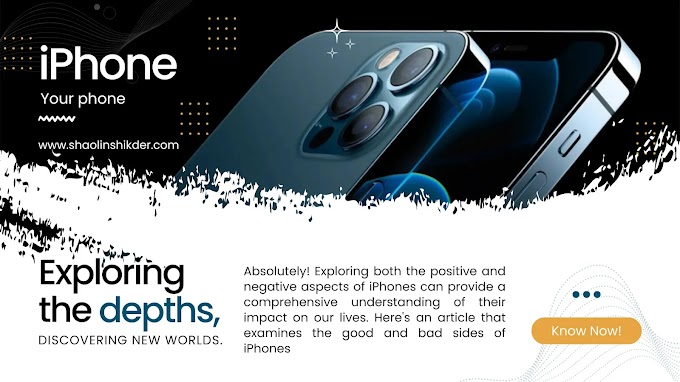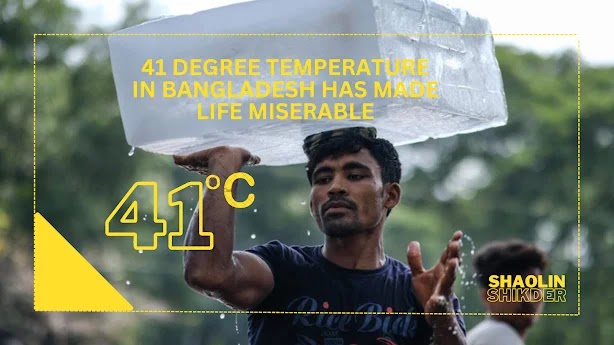The invention of perfume evolved over time and wasn’t the creation of a single individual, but rather the result of discoveries and innovations made by various ancient civilizations. These civilizations used natural ingredients and rudimentary techniques to extract fragrances from plants and other materials. The development of perfume was a gradual process, with key innovations in distillation, scent extraction, and blending.
How Perfume Was Invented:
- Use of Natural Materials: Perfume-making began with the use of natural materials like flowers, herbs, spices, resins, and aromatic woods. These were collected and burned as incense in religious ceremonies or used as balms and oils for personal grooming and medicinal purposes.
- Ancient Egyptians are credited with some of the earliest known uses of perfumes around 3,000 BCE. They used aromatic plants, oils, and resins in religious rituals, for embalming the dead, and as personal fragrances. For example, myrrh, frankincense, and lotus flowers were commonly used to create fragrances.
- They made perfume oils by steeping flowers, herbs, or resins in oils and fats, a method called maceration. This technique allowed them to extract the aromatic essence from plants.
- Ancient Egyptians are credited with some of the earliest known uses of perfumes around 3,000 BCE. They used aromatic plants, oils, and resins in religious rituals, for embalming the dead, and as personal fragrances. For example, myrrh, frankincense, and lotus flowers were commonly used to create fragrances.
2. Perfume from Incense: In ancient Mesopotamia, particularly in Babylon, the process of making perfumes started with incense production. They would grind aromatic materials, such as frankincense and myrrh, and burn them as offerings to the gods. This marked an early stage of perfume development, where scents were appreciated for their spiritual and sensory impact.
3. Early Perfume Maker – Tapputi:
Around 1200 BCE, a Babylonian woman named Tapputi is recognized as one of the earliest recorded chemists and perfumers. She worked as a royal perfume-maker and used a primitive form of distillation to extract fragrances from flowers and other ingredients. Tapputi’s method involved:
- Boiling flowers, herbs, and oils.
- Collecting the vapor, which condensed into a liquid aromatic substance.
- Adding water or other solvents to help extract the fragrance, marking one of the first
known uses of distillation to create perfume.
4. Development of Distillation: The invention of distillation greatly advanced the production of perfumes. This process allowed for the extraction of essential oils from raw materials, such as flowers and spices, by heating them and then capturing the condensed vapor.
- Avicenna, the Persian polymath (980–1037 CE), was particularly instrumental in advancing distillation. He invented a more refined version of the distillation apparatus and popularized the use of rose water in the Middle East. His work helped perfume-making spread to the Islamic world and Europe.
5. Perfume in Ancient Rome and Greece:
The Greeks and Romans refined the Egyptians' perfume-making techniques and incorporated them into everyday life. The Greeks learned perfume-making from the Egyptians and used oils, herbs, and flowers to create fragrant balms. Greek philosopher Theophrastus wrote about various plants and their use in perfumes, documenting the growing sophistication of the art.
The Romans, in turn, learned from the Greeks and became known for their lavish use of perfumes in personal grooming, religious ceremonies, and public spaces. They used methods like maceration (soaking aromatic substances in oils or alcohol) to extract scents.
6. Arab and Islamic Contributions: During the Islamic Golden Age, Arab scholars made significant contributions to perfume science. They refined distillation techniques, perfected the process of extracting essential oils, and expanded the range of available fragrances.
- Al-Kindi, a 9th-century Arab scholar, wrote a detailed book on perfumes, "The Book of the Chemistry of Perfume and Distillations", which included recipes for perfumes, aromatic waters, and oils.
- Jabir ibn Hayyan, the "father of chemistry," further improved distillation techniques, helping to produce more refined and potent perfumes.
7. The Rise of Perfume in Medieval and Renaissance Europe:
Perfume began to gain popularity in Europe during the Middle Ages, especially through contact with the Arab world during the Crusades. Fragrances became important in courtly life, particularly as a way to mask unpleasant smells due to poor hygiene at the time.
- By the 14th century, the use of alcohol as a base for perfumes (instead of oil or fat) became popular. The earliest known alcohol-based perfume, Hungary Water, was created in the late 1300s and was reportedly made for Queen Elizabeth of Hungary.
- In the Renaissance, the art of perfume-making reached new heights in Italy and later France. Catherine de’ Medici, Queen of France in the 16th century, was a major patron of the art, and her personal perfumer, René le Florentin, used secret methods to create unique scents for her. His work helped establish France as the leading center for perfume production.
8. Modern Perfume Industry:
- In the 17th and 18th centuries, Grasse, a region in southern France, became the epicenter of the modern perfume industry. Originally known for its tanning industry, Grasse transitioned into perfume-making as perfumers sought ways to mask the smell of treated leather. It remains the perfume capital of the world to this day.
- The perfume industry grew rapidly during the 19th century with advancements in chemistry. Synthetic fragrances were developed, allowing for the mass production of perfumes that were previously dependent on rare and expensive natural ingredients.
Summary:
The invention of perfume was a gradual process, involving early human use of natural aromatic materials. Over time, various cultures refined the art of extracting fragrances, particularly through the development of distillation. Key contributors to perfume-making include ancient Egyptians, Babylonians (such as Tapputi), Persians (Avicenna), Greeks, Romans, and the Islamic world. The craft of perfume evolved from burning incense to complex extraction techniques that laid the foundation for the modern perfume industry. France, particularly the region of Grasse, became the hub of modern perfumery, and it remains so today.








